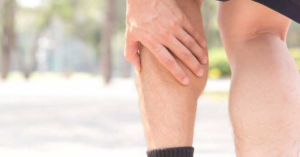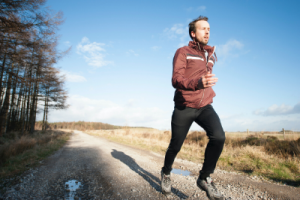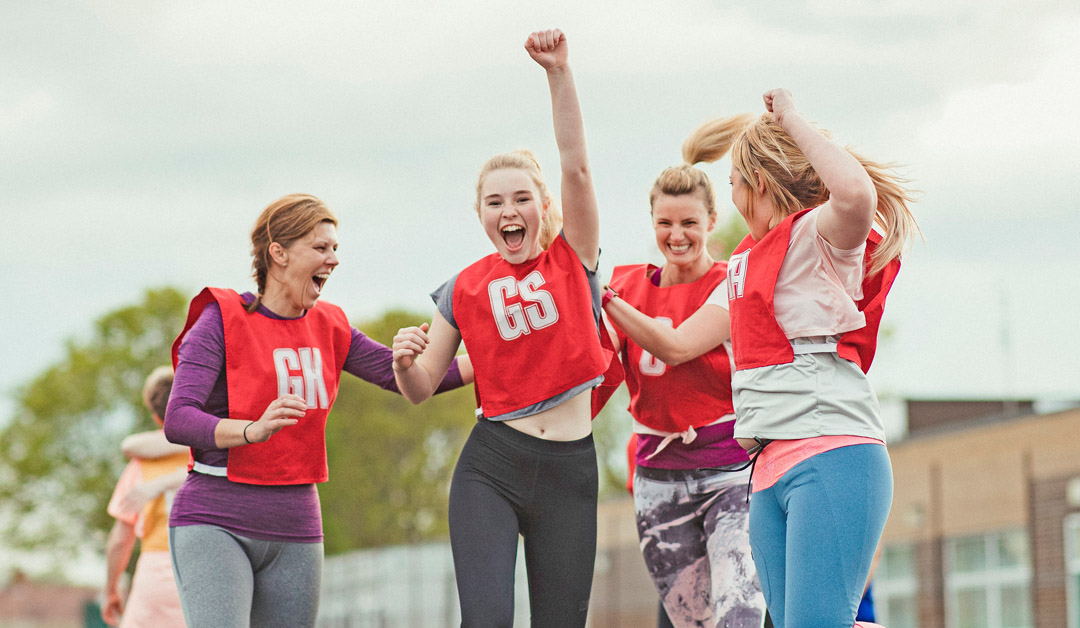One of the greatest fears for any athlete is the risk of injury and due to this unexpected break in many sports, the risk when returning is even higher.
Our usual warm Brisbane weather makes muscular injuries like strains and tears less likely since warm muscles are much more flexible than cold muscles. But now the days are shorter and the weather is much colder. This may make you more prone to injury, as cold muscles can tend to tighten and constrict.
The thought of this can be enough to derail the most enthusiastic fitness fan. But instead of hibernating or skipping out on the routine, you worked all year to perfect, check out our 7 tips to guide your winter training and help keep you injury-free.
1. Don’t skip your warm-up –
The body takes longer to warm up in winter. A cold start can result in injury, since training without an adequate warm-up can lead to shock in muscles, tendons, ligaments and joints.
2. Warm down is important too –
Once you have completed your run, warm down for a few minutes before moving immediately into the warmth in order to stretch, so that your muscles do not become stiff. In winter, muscles cool down very quickly, so any by-products from contraction can’t be flushed out of the bloodstream in time. This results in painful muscle spasms and even injury if they are later “torn apart”. If you push hard at the end of your training session, make sure you don’t sit or lie down immediately after reaching exhaustion, this will cause circulation to drop very fast and your muscles will stiffen.
3. Dress for the weather-
It is easy to underestimate temperatures, especially when you’ve spent the day indoors ahead of your training. Dress in easy-to-remove layers to allow for changes in body temperature. Be sure to wear enough layers and if possible, ensure that your head, feet and hands are covered since they radiate a large amount of heat.
4. Breathing is important-
Illnesses from breathing cold air range from a serious cold through to pneumonia. The colder the air, the greater the stimulus to the bronchi, lungs and mucous membranes. Pay attention to your breathing as much as possible and aim to inhale through the nose and exhale through the mouth. Breathing like this gives air a longer route to the lungs and more time to be moistened and heated through the nasal mucosa and mouth.
5. Don’t stay outside too long-
After training, don’t stay out in the cold for too long and take off any wet or sweaty clothes soon after. During the first half hour after training, the body is particularly susceptible to colds and infections as our immune system is particularly weak and vulnerable.
6. Train during the day- 
When possible, choose morning or noon to schedule your training. This time of day is not only the warmest but it is also when the sun is best positioned to stimulate the production of Vitamin D, a vitamin which is particularly important for bones and joints. During winter you might benefit from the extra dose.
7. Eat well-
If you are training hard in winter be sure to support your immune system with a balanced, vitamin and mineral rich diet! Don’t forget to include plenty of fruits and vegetables as the focus of your diet.
If you do experience any injuries or niggles or would like more information on exercises to help maintain your winter training please call the clinic on 38691099 or book online

